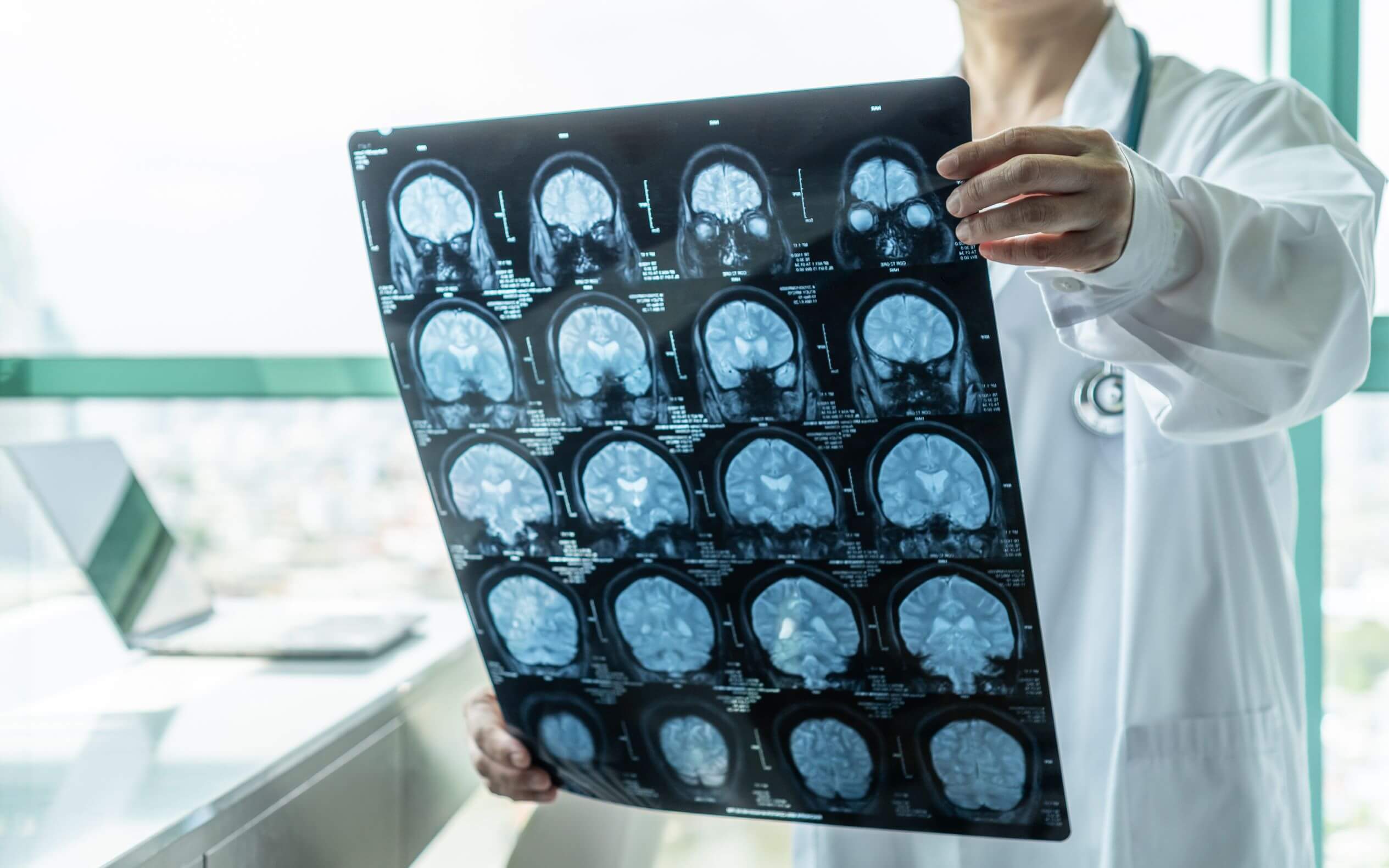NEUROLOGY
Neurology is a branch of medicine that examines the diseases of the brain, brain stem, spinal cord, peripheral nervous system and muscles in general and includes the diagnosis and treatment of these diseases.
Complaints of admission to neurology outpatient clinics are mainly; headaches, dizziness, strokes, diseases with changes in consciousness (episodes, etc.) diseases with movement disorders (Parkinson’s, etc.) conditions such as dementia, hand and foot numbness, sleep disorders and various muscle weakness.
Stroke is one of the most important causes of death in the world after heart disease and cancer. Follow-up treatment of diseases that endanger the patient’s life, such as stroke, recurrent seizures and coma, can also be applied in our service and intensive care units.
Services Provided;
Diagnosis and treatment of neurological diseases (headache, epilepsy, low back and neck pain, multiple sclerosis, occlusion and bleeding of cerebral vessels, peripheral neuropathies, imbalance and dizziness, Parkinson’s disease, tremor, dementia and muscle weakness)
EMG (Electromyography) examination: It is an examination method in which the electrical properties of muscles, nerves and nerve roots are evaluated by measuring.
EEG (Electroencephalography): Electroencephalography (EEG) or Brain Chart Method is a method that measures the electrical monitoring of brain waves activity. Since no electric current is given to the patient, no pain or pain is felt. The recording obtained by electroencephalography is also called electroencephalogram (EEG).
Before You Come!
Make an appointment
Documents of the institution you are affiliated with,
medicines you have used before,
Current analysis and x-rays.
Coming to the EMG examination; The patient does not need to be hungry.
For EEG, you should be full.
If there are drugs that he uses regularly, there is no harm in taking them.
Wearing comfortable clothing facilitates inspection.
If he has a pacemaker, it is recommended to warn the physician before the examination.


